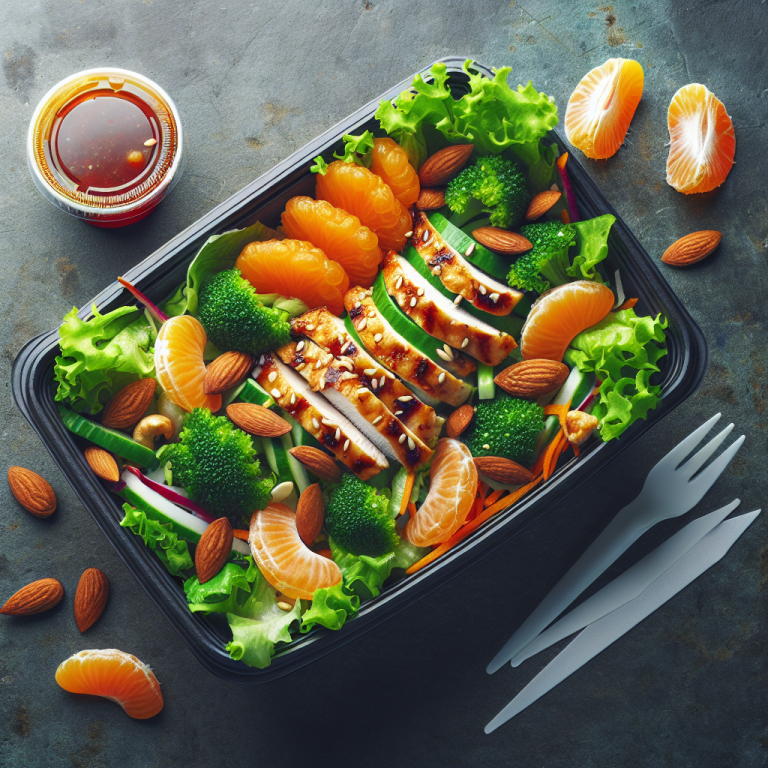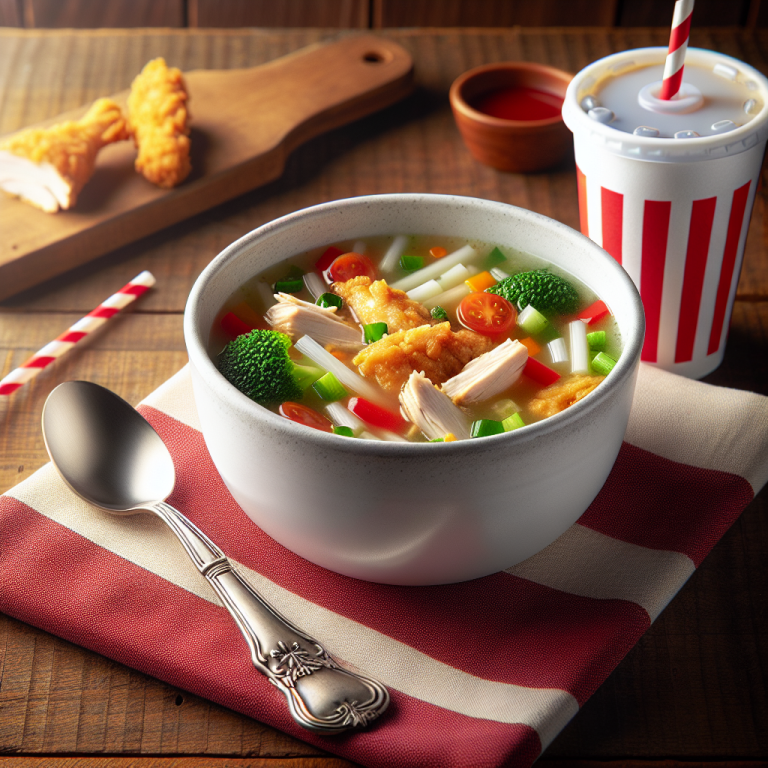Carbs In Chick Fil A Bun
Chick-fil-A’s bun is more than just the perfect complement to their tasty sandwiches. Many enjoy these soft, pillowy buns without realizing their nutritional contributions.
A typical Chick-fil-A bun boasts a notable carbohydrate content, making it an essential component of their menu.
Understanding this can help health-conscious diners make informed choices while still enjoying their favorite meals.
Nutrition Facts
Serving Size 1 bun (45g)
Amount Per Serving
Calories
180
| Total Fat | 2.00 g | 3% |
| Saturated Fat | 0.5 g | 3% |
| Trans Fat | 0 g | 0% |
| Cholesterol | 0 mg | 0% |
| Sodium | 280 mg | 12% |
| Total Carbohydrate | 30 g | 11% |
| Dietary Fiber | 1 g | 4% |
| Total Sugars | 2 g | 2% |
| Protein | 6 g | 12% |
| Vitamin D | – | 0% |
| Calcium | 4 mg | 0% |
| Iron | 1 mg | 6% |
| Potassium | 45 mg | 1% |
* The % Daily Value (DV) tells you how much a nutrient in a serving of food contributes to a daily diet.
2,000 calories a day is used for general nutrition advice.
Nutrient Distribution
Calorie Burn Time
How long would it take to burn off total calories from 100g of Chick-fil-A bun?
FAQs
Conclusion
Chick-fil-A buns deliver not only a delightful taste but also essential carbohydrates that fuel the body. Including them as part of a broader balanced diet can contribute positively to energy levels, making them an enjoyable choice for many. Just remember to balance your meal with protein and veggies for optimal nutrition!





